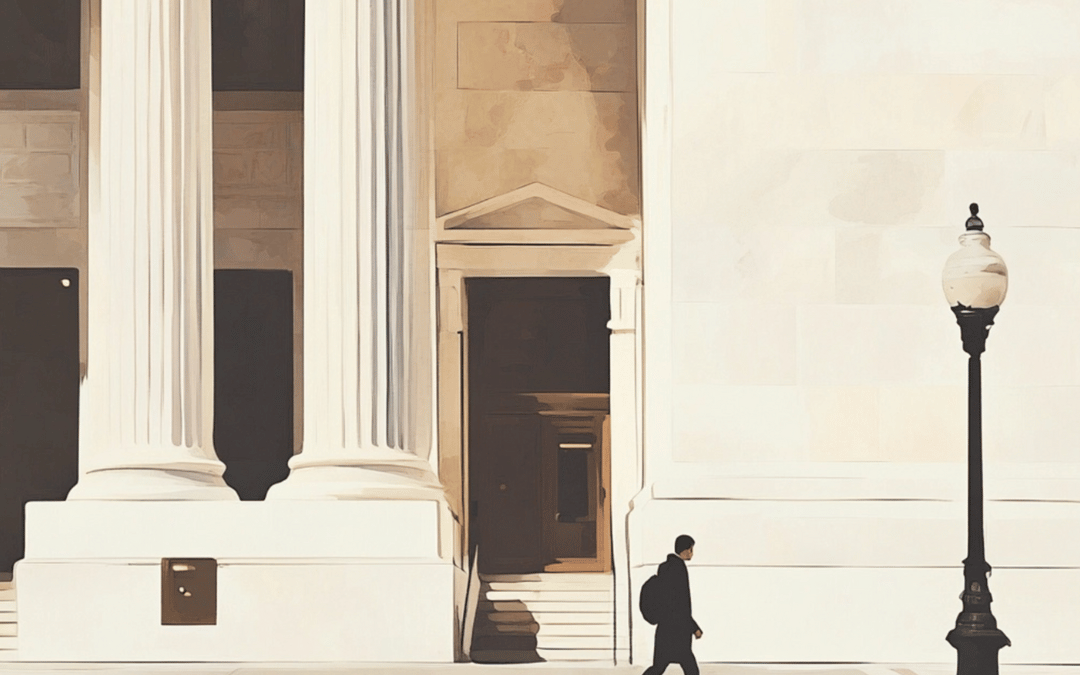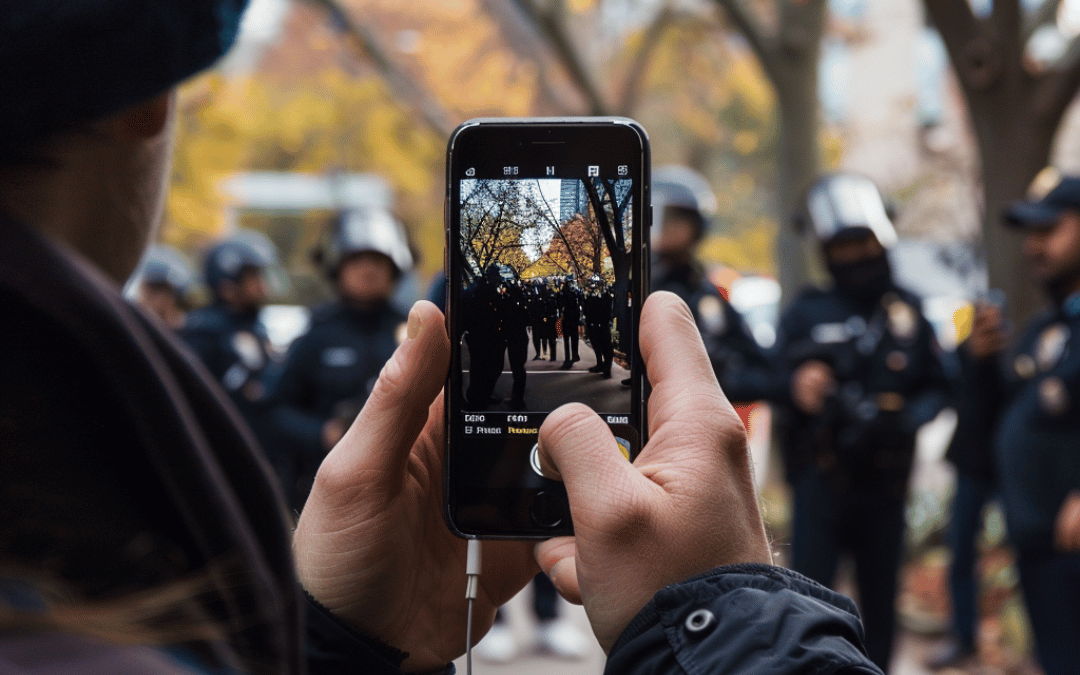Learn about your rights in recording police encounters in Missouri and across the United States. Discover what activities you can legally capture and the limitations you need to be aware of. Consult this guide for valuable insights, but always seek advice from legal professionals for specific situations.
Recording Police Encounters: Your Rights Explained
Are you curious about your ability in recording police encounters? Understanding your rights is crucial, especially when it comes to interactions with law enforcement. In this guide, we’ll explore federal law and Missouri’s specific regulations to shed light on what you can and cannot do when recording police activities.
Understanding Missouri Law
Ever wondered if recording police during an encounter is legal? Federal law has some general answers, and it’s important to know your rights. Missouri is what’s known as a “one-party” state, meaning that only one party to a conversation needs to consent to legally record the interaction.
In other words, the police officer you are interacting with does not have to agree to being recorded. This ability to record your own conversations – even with law enforcement – is valid whether you are in public, in the police station, or in the privacy of a home. Remember that not all states are “one-party” states and may require that knowledge of all parties to the conversation to know it is being recorded to lawfully record.
Your First Amendment Rights
Both when you are directly involved and when you are not, the right to record police officers while they carry out duties in public spaces is part of your First Amendment rights. The First Amendment deals with freedom of speech and expression, including filming activities in public areas. This means that, generally, you’re legally allowed to document police officers doing their jobs in public. However, please note: public space is the keyword- locations like streets, parks, and other places where people are typically free to walk around.
Activities You Can Capture
When it comes to recording police encounters, the scope of what you can capture is broad, encompassing various situations and activities that unfold in public spaces. Understanding these activities can empower you to exercise your rights effectively while ensuring accountability and transparency in law enforcement interactions. A range of scenarios vary from routine traffic stops, interactions during protests, public demonstrations to law enforcement responses.
Know the Limitations
Remember, the First Amendment’s protection isn’t absolute. You still have to operate within some limitations. You can’t interfere with legitimate police operations. A good rule of thumb is to maintain a safe and reasonable distance when recording police interactions. When filming police, it is best to refrain from raising your voice, cursing, or otherwise yelling at officers.
While doing so is not necessarily illegal, it often escalates the situation to your detriment. If you want to ensure police accountability by recording officers, it’s generally best to do as little as possible to draw additional attention to yourself. Doing so can make the situation worse and, potentially, make it more difficult to hold the officer accountable for their actions.
Recording police encounters can be a powerful tool for accountability and transparency. By understanding your rights and responsibilities, you can navigate these situations confidently. While this guide provides valuable insights, remember that it’s not a substitute for legal advice tailored to your circumstances. Always seek guidance from a legal professional for personalized assistance.
Disclaimer: This blog post is intended as a general guide and does not constitute legal advice. For specific inquiries or concerns, please consult a qualified attorney familiar with the laws in your jurisdiction.
At James Law Group, we understand the challenges you’re facing and are here to offer the legal support you need. Whether you’re dealing with DUI/DWI charges, seeking justice for a personal injury, or fighting for your civil rights, our experienced team is ready to help. Contact us to schedule a free consultation. Let us guide you through your legal journey with expertise, compassion, and dedication.

Victory Over Injustice: How We Fought a Wrongful Felony DWI Charge
Case Study: Challenging Unreliable Evidence in a Felony DWI Case At James Law Group, we recently took on a challenging case that highlights the importance of thorough investigation and unwavering advocacy in DWI defense. The Situation Our client faced a felony...

Unmasking Missouri Theft Laws: Essential Guide to Charges and Penalties
Understanding Missouri Theft Laws: A Comprehensive GuideIn Missouri, theft—legally termed as "stealing"—encompasses a wide range of offenses with varying degrees of severity. As an experienced criminal defense attorney, I've seen firsthand how these charges can...

Triumph Over Injustice: DWI Charges Dismissed Despite Officer’s Claims
DWI Charges Dismissed for Driver on ProbationIn a recent case handled by James Law Group, our client faced serious DWI charges after a minor accident. Despite being on probation and encountering a specialized DWI officer, our thorough investigation and legal...
PROTECTING YOUR RIGHTS
Trust James Law Group to be your advocates in criminal defense cases. We're here to protect your rights and your recovery.

